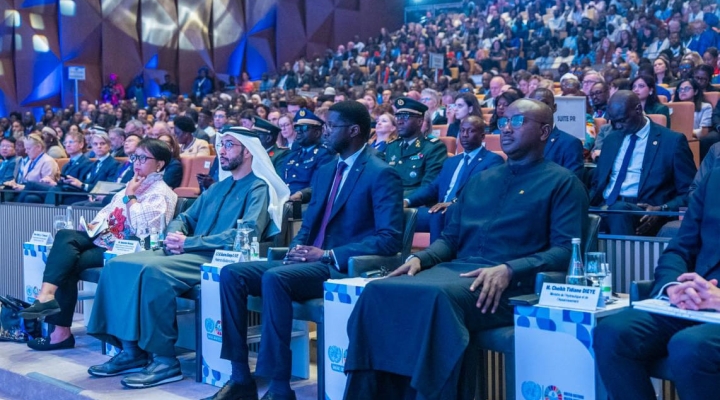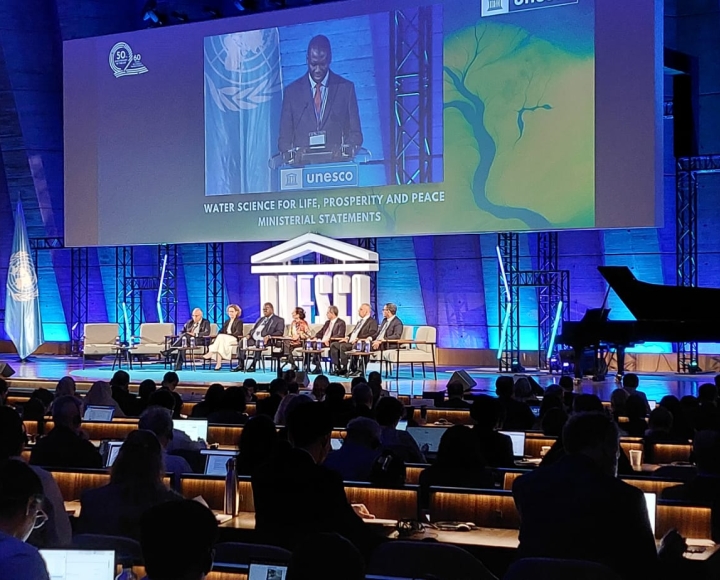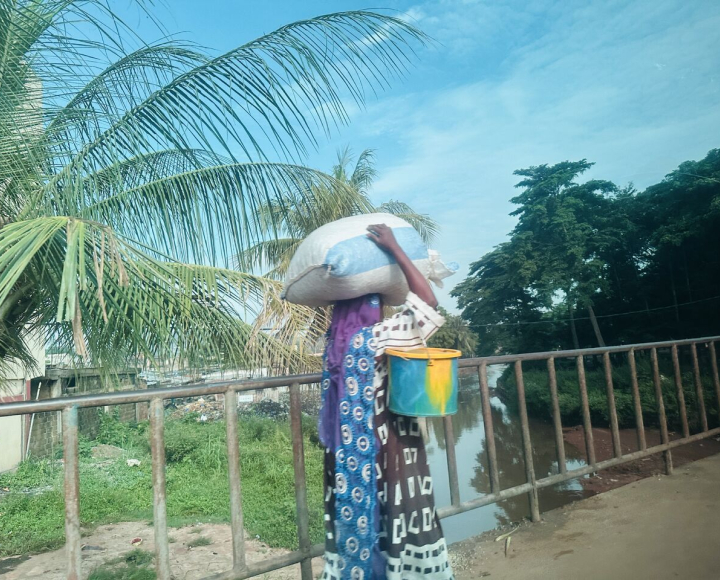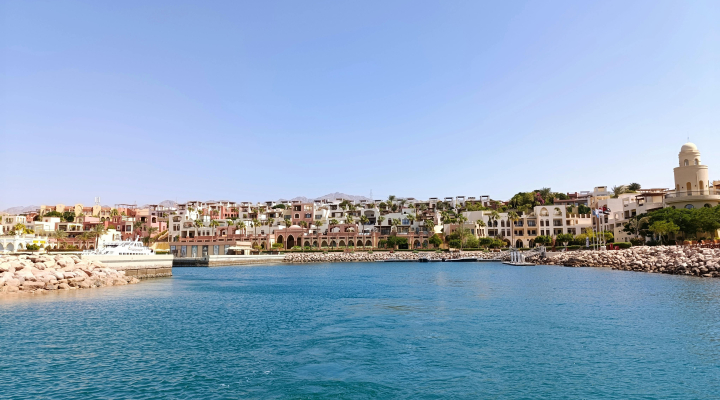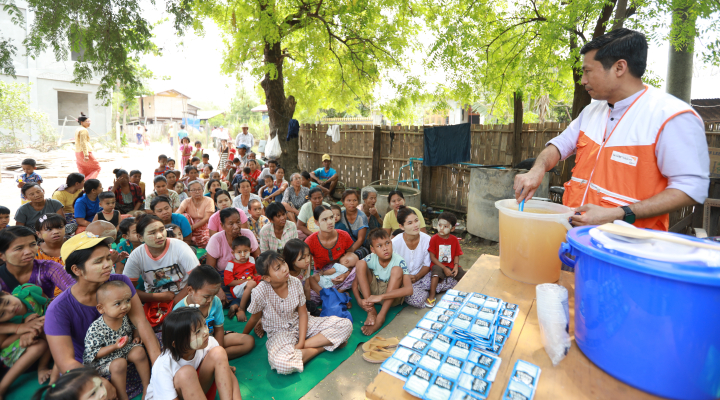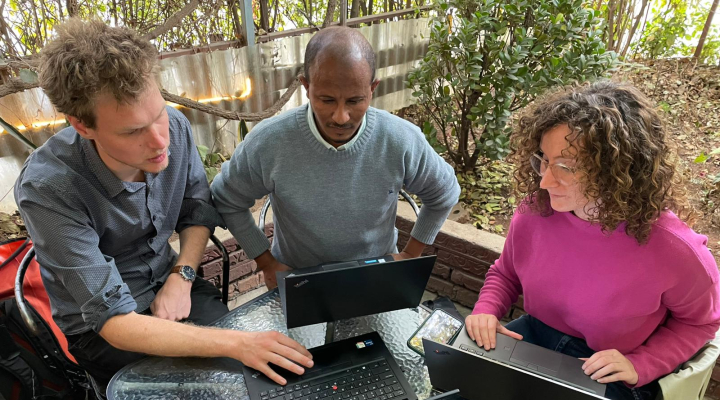Private water management advances water and sanitation services in Siaya County
A five-year project to enhance sustainable access to clean drinking water and improving sanitation facilities in Siaya County, Kenya, is changing the lives of more than 100,000 community members for the better.
The project was co-funded by the Government of the Netherlands through the Sustainable Water Fund.
Rural water schemes in Siaya County are typically managed by community water committees. However, poor management structures, limited capacities, challenges with revenue collection, lack of accountability, and unviable water tariff setting, are making many schemes unsustainable. The Siaya County Water and Sanitation Project addressed these issues by adopting a Public Ownership, Private Management model through a public-private partnership approach involving Dorcas (a Dutch NGO), Maji Milele (a Dutch water operator), North Gem (a Kenyan community-based organisation), and the Government of Siaya County.
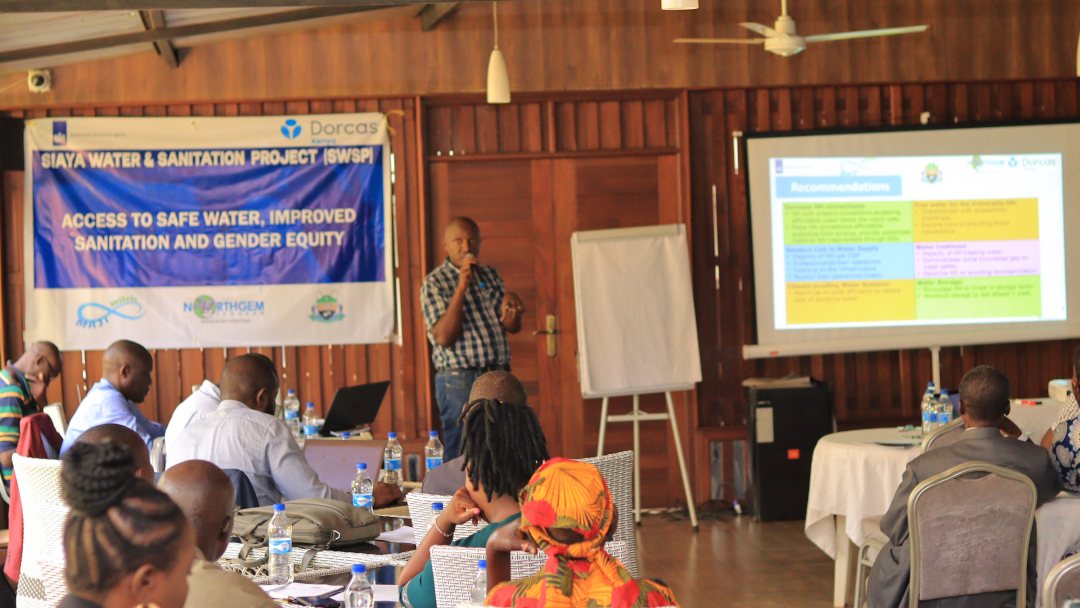

From public to private management
Although water is a public resource, the private sector is more efficient at managing it as private companies consider water availability a business and, consequently, pay more attention to operational costs and maintenance services to ensure business continuity. This was the assumption of Siaya’s project, which aimed to build evidence that a private management model leads to sustainable water supply, improved service levels, and profitable water schemes.
To reach this goal, the project partners installed pre-paid water meters and used loyalty points to provide sanitation and hygiene products. Training and employment were key components of this project too. By training over 160 change agents, more than 60,000 people were reached with water and sanitation awareness programmes. In addition, by motivating households to invest in improved toilet facilities and encouraging them to use sanitary products, new entrepreneurial activities such as soap manufacturing were created, furthering Siaya’s economic development.
“Addressing rural water and sanitation needs is a significant challenge that demands collaborative efforts,” says Ronald Mobisa, Programme Manager of Dorcas Kenya. “The partnership brought together various experts, combined resources, and introduced new technologies and innovative designs. It also created jobs, improved revenue collection, and encouraged the private sector to offer new sanitation solutions that benefited local communities. The Siaya Water and Sanitation Project thus demonstrated that effective partnerships between the public and private sectors, along with communities, can achieve excellent results.”
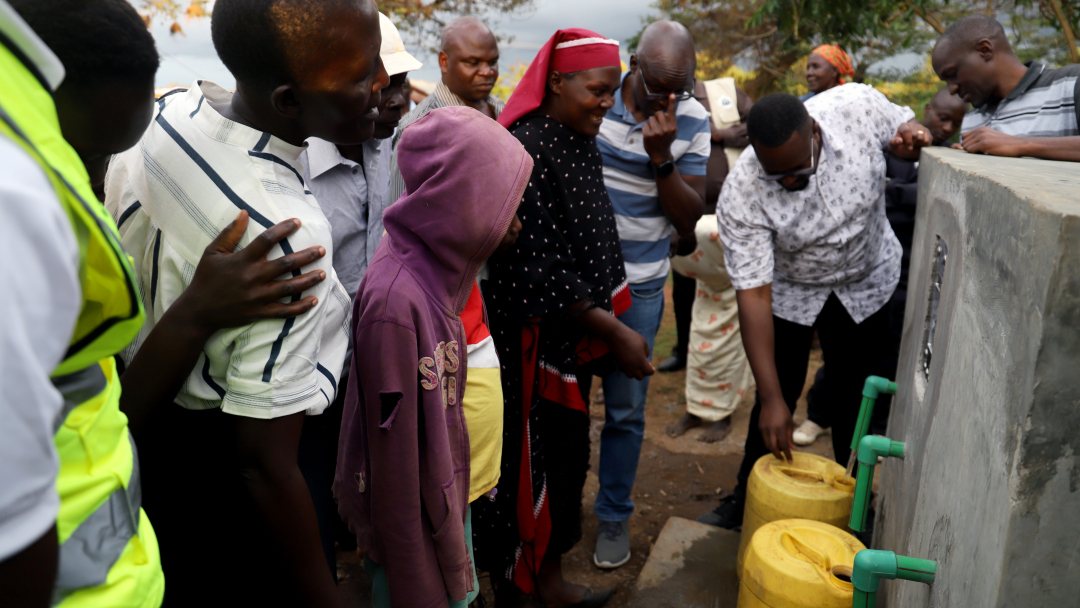

Water security
The project targeted the rural population which constitutes 89 percent of the county’s residents. Before the project started, only 36 percent of the rural population had access to clean water. In five years’ time, however, water access has been significantly improved through the rehabilitation and augmentation of four water schemes, supplying over 115,000 people with clean drinking water.
In addition, households with individual connections now consume an average of 30 litres per day, translating to five litres per person, while those relying on communal water points consume 16 litres per day, or 2.7 litres per person. These individual connections significantly enhance daily water availability and help improve health and hygiene compared to communal water points.
With these improvements, Siaya’s project represents a significant advance towards achieving Sustainable Development Goal 6: clean water and sanitation for all.
Enhanced sanitation
The project has also made notable progress in terms of sanitation. Only 49 percent of the population had access to improved sanitation facilities before the project, with 20 percent practising open defecation and 31 percent using unimproved toilet facilities. Now, nearly 93,000 people have access to improved sanitation facilities, making Siaya County open defecation free.
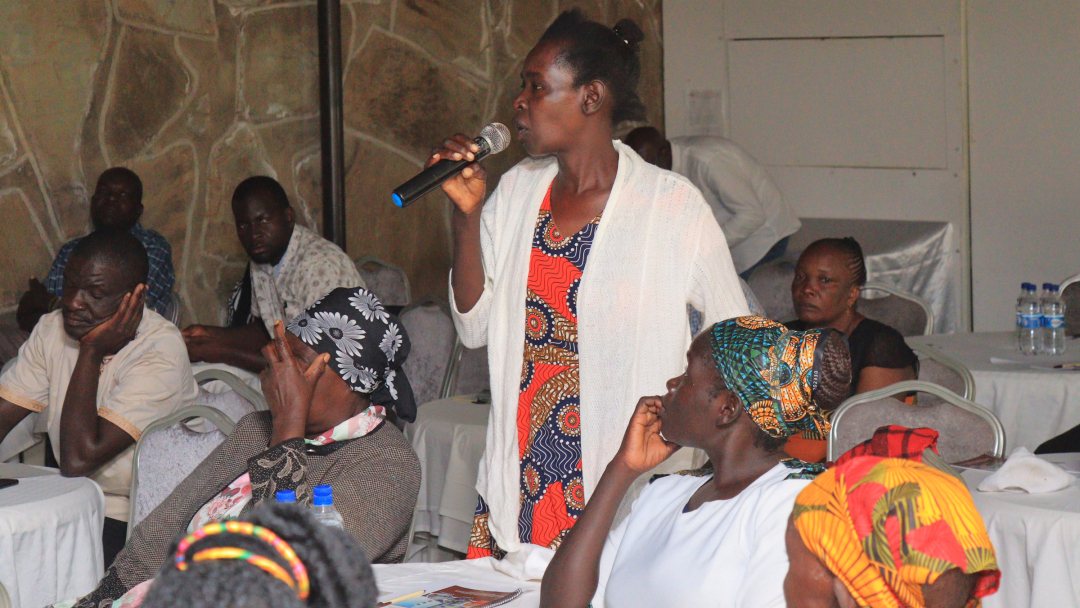

Gender & social inclusion
The project also promoted gender equality through increasing opportunities for women to participate in leadership, decision-making and entrepreneurship ventures. “The partnership built local skills through training for masons, artisans, and community health promoters, and involved women in water management,” explains Mobisa. Women now make up 36.7 percent of the leadership within the Scheme’s Supervisory Boards and, of 225 direct jobs created, 119 were filled by women. Further, half of the entrepreneurs engaged in water and sanitation related products are women.
The inclusion of poor and vulnerable groups through the provision of free water and community safety nets was also considered. In fact, support for highly marginalised groups was a priority in the project, with almost 2,000 individuals receiving 60 litres of water per household per day free of charge, and about 500 households benefiting from improved sanitation facilities.
Project scalability
It is envisioned that this Public Ownership, Private Management model, which has the potential to attract external financing, will be scaled up in Siaya as well as in other counties.
As Mobisa states, “Dorcas is committed to continuing to seek and develop this type of partnership to rehabilitate ageing water schemes and make them climate resilient. This will ensure long-term sustainability and reliable water and sanitation services for other under-resourced areas. Together, we are creating a ripple of positive change that will inspire a future where every community can flourish."




